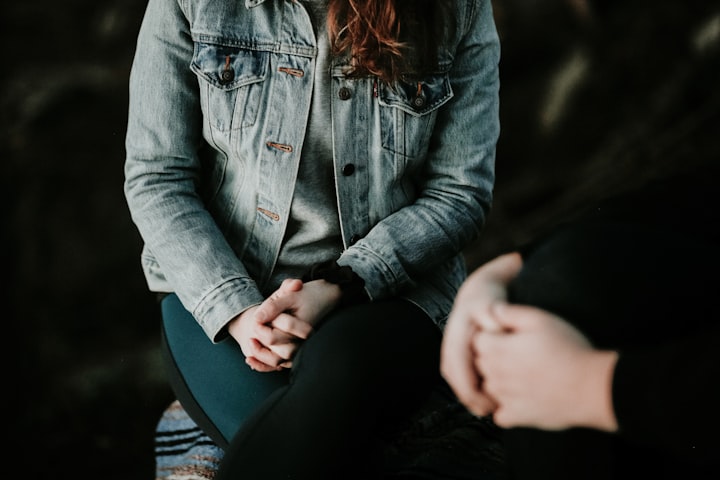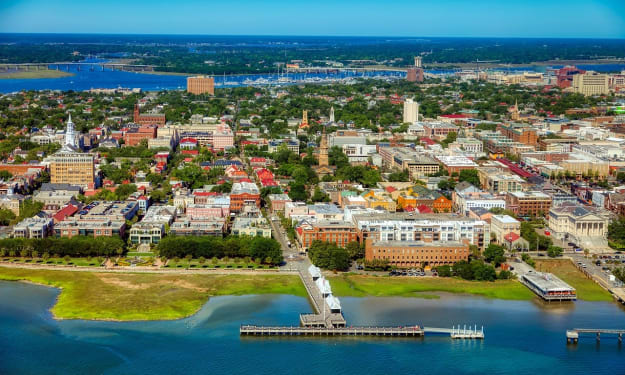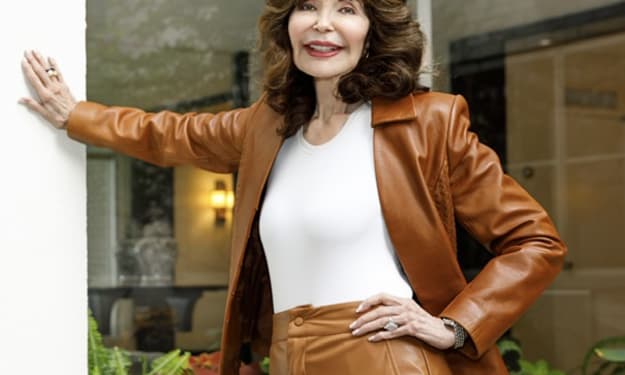What does sustainable banking mean?
Journal TV interview with Jakob von Tomorrow

In 2021 I will be more involved than ever with the topics of finance, retirement provision, and investing. Whether it has to do with getting older or the third child? I don't know exactly, but the fact is: Investing money properly and dealing with it sensibly doesn't sound very sexy at first and is always very low on my to-do list.
And if you don't like to deal with it, it doesn't get a prioritization. Last year, a simple Instagram story from Waldemar @fairstainable got me thinking about my account providers. What many, including myself, simply don't realize is that money has an effect. It doesn't matter whether it's a lot or a little, it works and finances industries with our money that we don't like at all: the arms industry or coal mining, for example.
So what does "sustainable banking" mean and why is it so important to be able to see transparently what is happening with your own money?
I talk about this in a live talk with one of the founders of Tomorrow, the first mobile banking provider with consistent sustainability.
Jakob Berndt is a co-founder of Tomorrow GmbH alongside Inas Nureldin and Michael Schweikart. His mission: is to bring people closer to the complex topic of "sustainable finance" in a simple, honest way. Previously, he co-founded the social business Lemonaid Beverages, managed it for many years, and is also a member of the board of the international sea rescue organization SOS Mediterranee.
The sustainable current accounts at Tomorrow at a glance
Tomorrow Free: free, protect the climate with every euro, not a cent goes to the arms or coal industries, free Visa debit card, 3 free withdrawals in euros per month (after that 2€)
Tomorrow Together: all functions of Tomorrow Free + a joint account (e.g. for partners or flatmates), free choice of three different card designs, 5 worldwide free withdrawals per month (after that 2€)
Tomorrow Zero: all features of Tomorrow Free & Tomorrow Together + carbon footprint compensation (11.3 tons of CO2 per year), exclusive wood card, unlimited worldwide free withdrawals
Tip: If you use the code journals (works in any spelling) when registering, Tomorrow protects 500 trees in the Brazilian Amazon region.
What does sustainable banking actually mean? What is the difference from regular banking?
Ultimately, it's about making yourself aware that your own money has an effect - even while it's in your account, savings book, or share portfolio. 99.5% of conventional banks use it to finance armaments or, for example, factory farming. Money is part of the problem, but it can also be part of the solution. We promise that not a cent of the money we have will be invested in destructive industries. We invest in so-called Green Bonds and Social Bons, which finance things such as social housing and renewable energies.
How did you come up with the idea of founding Tomorrow?
Founding a company was not an eternal dream of ours. But we've all been social entrepreneurs before. We have found that there is a financial market out there that is not living up to its responsibilities. Sustainable living, eating, and shopping are totally normal, but sustainable banking has not yet arrived in mainstream society. In addition, a lot of new things are also developing technically in the banking scene. We thought: technological change is good, but the idea of sustainability is missing. And that's what we wanted to do.
You started with the vision of changing the financial world and are offering the world's first climate-neutral account - and you're still young, Tomorrow started in 2018. Three years later, my question: did you encounter serious hurdles during this great mission, and did you sometimes lose faith? The financial world is more reminiscent of a shark tank.
At the end of the day, it has to be said that we still have a lot of work ahead of us. Our goal was: first become cool and then the new normal. We already have 60,000 people in our community, but of course, there is still a lot of room for improvement. We get a lot of tailwind and support, and we are well-networked, but of course, there is just a lot to do. In addition, most of the industry still works according to old patterns.
You are a fintech company and offer your own financial products, but you are not a bank by definition. The system sits on the Solarisbank, which in turn is not a sustainable bank.
We feel like the bank because you open an account with us. We guarantee people that 100% of their money will only be used for sustainable projects, which we fully disclose. However, we have outsourced some of the technological resources to Solarisbank, which enables us to enter the market as a young company. Solarisbank fulfills an order with us, so it is only our service provider. But in the end, we are the only ones who decide where the money goes.






Comments
There are no comments for this story
Be the first to respond and start the conversation.